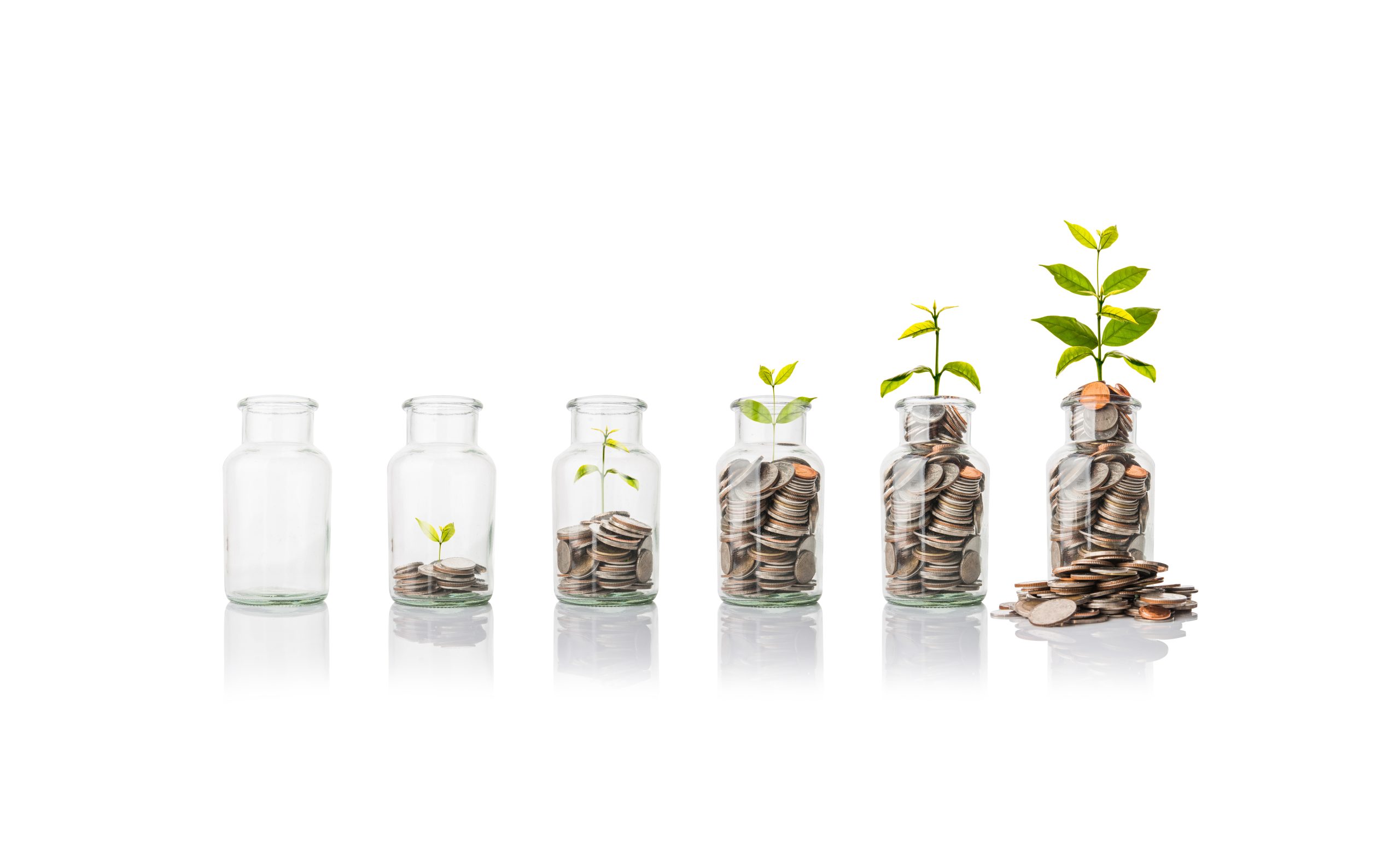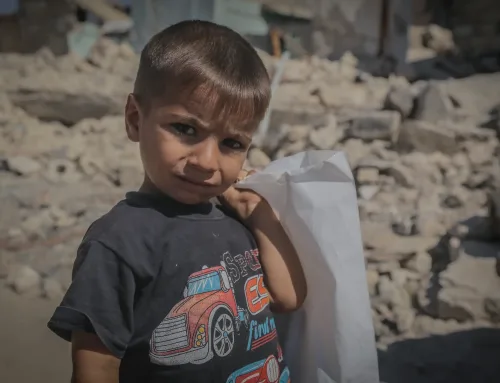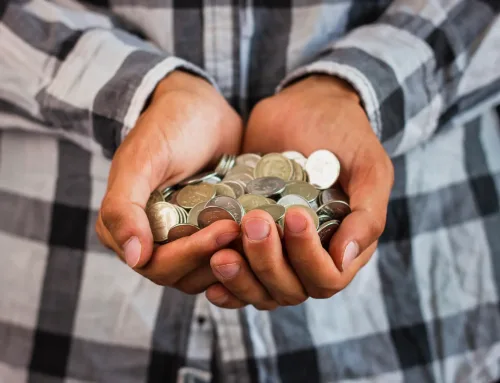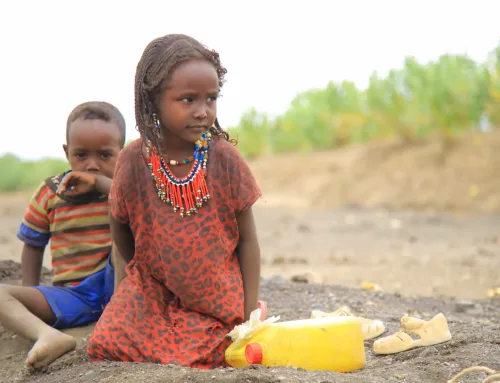When you search for ideas for Sadaqah Jariyah (ongoing charity), what are the most common answers you find? Digging a water well as an ongoing charity, building a mosque or a school, and many other very important ideas that are indeed considered ongoing charity, where the rewards do not cease with death.
Narrated by Abu Huraira – may Allah be pleased with him – the Prophet Muhammad – peace and blessings be upon him – said, ‘When a human being passes away, their deeds come to an end, except for three: a perpetual charity, beneficial knowledge, or a virtuous descendant who prays for them.’ (Reported by Muslim).
Nevertheless, some individuals believe that, despite their noteworthy impact, these traditional forms of charity yield limited societal benefits. They are on the lookout for methods that ensure the rewards of Sadaqah Jariyah while simultaneously providing more substantial community advantages.
Sadaqah Jariyah and Lasting Social Impact
At the International Waqf Fund, we have been working for more than 20 years on the principle of waqf shares and investing donations of sadaqa jariyah. We have indeed succeeded in keeping the project portfolio permanently impactful, with the utmost transparency.
We channel your generous contributions from sadaqa jariyah and waqf shares, investing them in ventures that comply with Islamic principles. A year down the line, when these investments start to bear fruit, we allocate the returns to fund enduring projects. A portion of these returns is then reinvested, continuing the cycle of impact.
This reinvestment ensures the growth of the original amount, further fueling an array of impactful projects – a true embodiment of Sadaqah Jariyah.
Waqf as a Sadaqah Jariyah
Constructing a mosque, sponsoring an orphan, digging a water well – these impactful donations represent sadaqah jariyah. They are earmarked for the impoverished, the less fortunate, and the needy, and can even be transferred or sold as gifts. This is where waqf stands out.
Waqf is a prophetic tradition and a form of sadaqa jariyah. It is accessible to both the affluent and the less fortunate. Unlike direct charity, the assets in waqf are not to be disposed of. The principal amount is preserved, ensuring a continuous stream of blessings through the spending of its returns.
Building a mosque, sponsoring an orphan, digging a water well, and other forms of permanent impact donations are considered ongoing charity, and they are permitted for the poor, the needy, and the destitute, and it is possible to dispose of them and sell them by donation. Here lies the difference between them and the waqf .
Therefore, we ensure in the International Waqf Fund that your original capital remains, and we reinvest part of its returns year after year.
How Do Your Donations Transform Lives?
In 2022 alone, we implemented projects worth over £474,000 from the returns of your waqf shares and your donations for ongoing charity. The projects with permanent impact included sectors of health, education, providing safe water, sponsoring orphans, distributing Udhiyah (sacrificial animals), food parcels, and supporting livelihoods.
Explore Our 2022 Annual Report
Throughout our years of operation, we have spearheaded numerous projects, the impacts of which continue to resonate to this day.
Now is your opportunity to contribute towards a sadaqah jariyah in your name or in memory of a loved one through the International Waqf Fund. We pledge to consistently update you on the projects we are actualizing, focusing our efforts in regions that are most in need.





